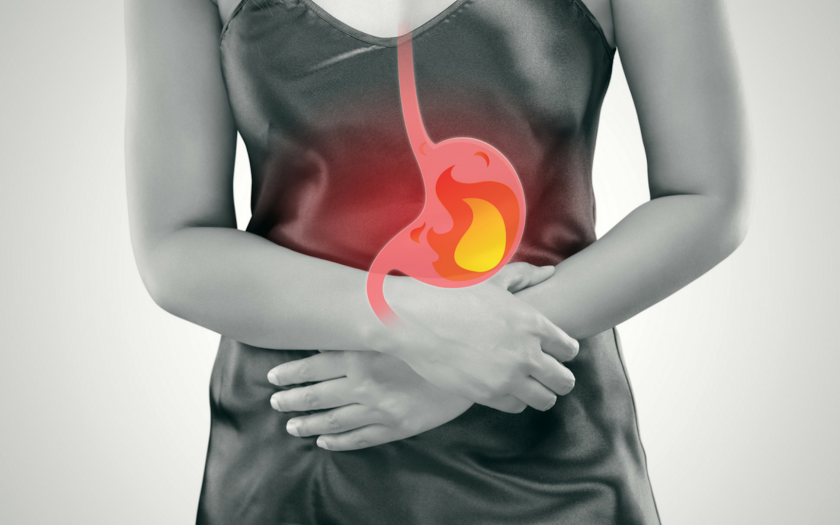Add variety to your diet.
Poor nutrition is the cause of many troubles, including those related to the intestines and stomach. The more varied your diet, the more diverse your microbiome, which is an indicator of good gastrointestinal health. Legumes, beans and fruits are especially rich in fiber and can promote the growth of healthy bifidobacteria. In addition, bifidobacteria create a natural barrier in the intestinal cavity and prevent toxins from entering the bloodstream.
Limit the consumption of artificial sweeteners.
Artificial sweeteners, such as aspartame, do not raise blood sugar, but stimulate the growth of unhealthy bacteria. During food preparation, it becomes toxic. The result is obesity, neurological disorders and cancer.
Synthetic sweeteners also adversely affect the functioning of the cardiovascular system. Most types of artificial sweeteners are not absorbed by the body or excreted properly. With prolonged use, they disrupt the intestinal microflora and can lead to the development of GERD.
Eat fermented foods.
Fermented foods such as yogurt, sauerkraut and kefir contain healthy bacteria, mainly lactobacilli, and can reduce the number of pathogens in the gut.
Do not forget about prebiotic food.
Prebiotics create comfortable conditions for the growth and reproduction of probiotics. Both of these helpers are important for the stomach. They make the intestines work smoothly. If you do not wash your hands well and get an infection, prebiotics and probiotics will fight it immediately. Prebiotic foods include artichokes, bananas, asparagus, oats and apples.
Add polyphenol-rich foods to your menu.
Polyphenols are plant compounds found in green tea, dark chocolate, olive oil and whole grains. These substances help stimulate the growth of beneficial bacteria in the intestinal microbiome. They also help fight cell damage caused by free radicals. Due to this protective function, cells receive protection against oxidation and aging.
Focus on whole grains.
Slow carbohydrates are healthy foods that are necessary for the normal functioning of the body. One of the most important sources of useful carbohydrates is whole grains. Whole grains have a beneficial effect on the digestive process and help prevent gastrointestinal diseases. Include the following whole grains in your diet:
- Oats – are rich in minerals and antioxidants, so it helps prevent heart failure.
- Brown rice – rich in various trace elements, and will add a delicious taste to your dish.
- Rye – contains 4 times more fiber than wheat, and will provide you with half of your daily iron needs.
Don’t forget about probiotics.
Probiotics are live bacteria that can help restore gastrointestinal health after an imbalance in the microflora. They do this by transplanting beneficial microbes. Probiotics can be found not only in yogurt, kefir and sauerkraut, but also in tablet form.
Try to be vegetarian.
Use this method as a temporary measure to restore the stomach to a healthy state. A plant-based diet can help reduce the levels of harmful bacteria that harm the body. With this diet, inflammation in the body, stomach acidity and cholesterol levels are reduced.
If the illness is already present, do not postpone the visit to the doctor and treatment (for example, with drugs such as Omez or Rabicip).

